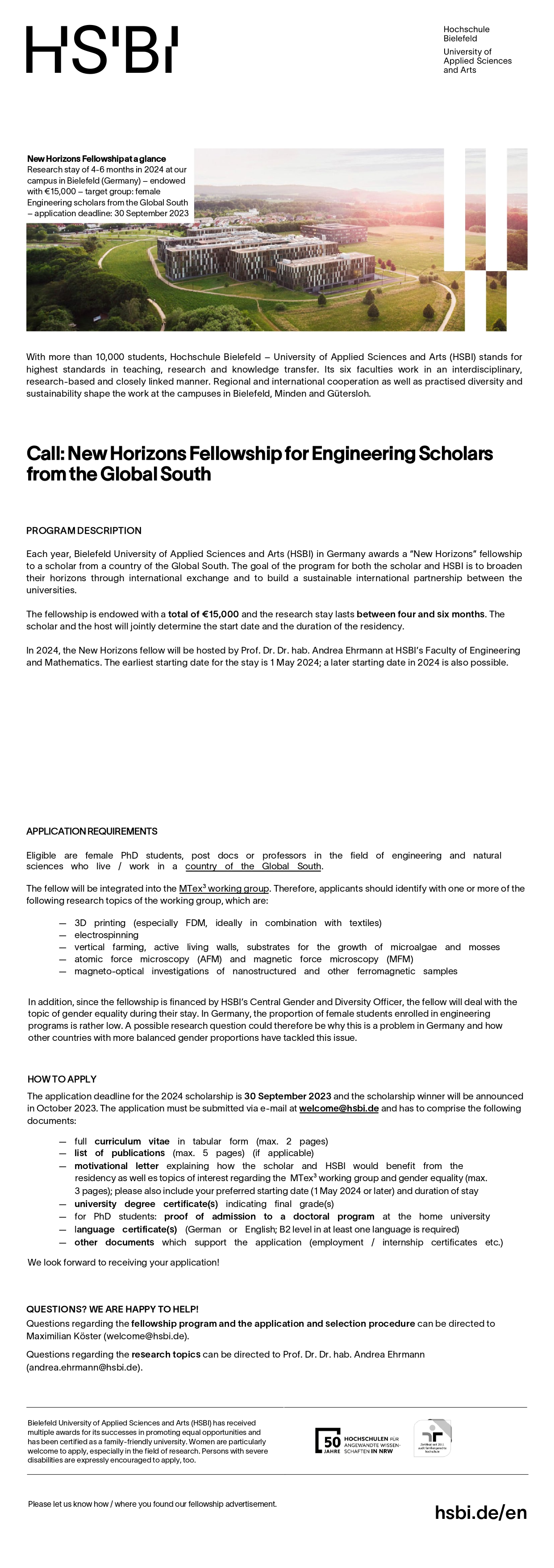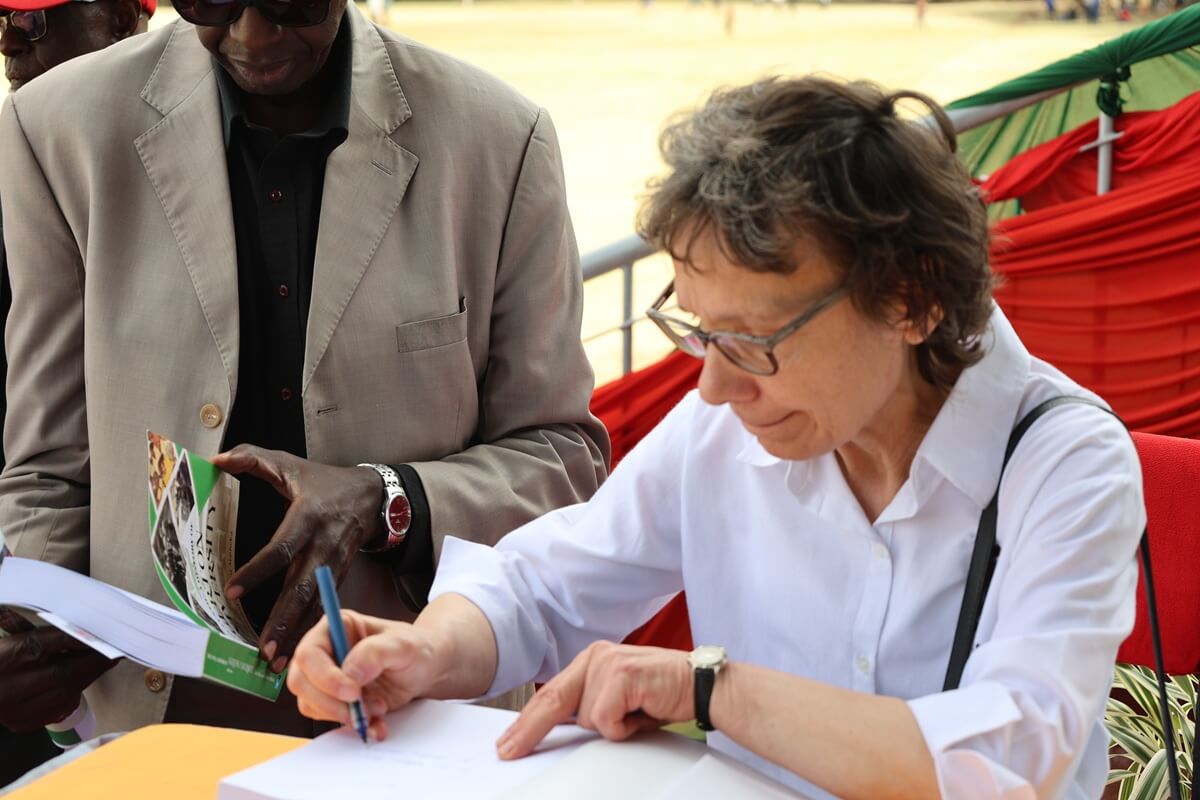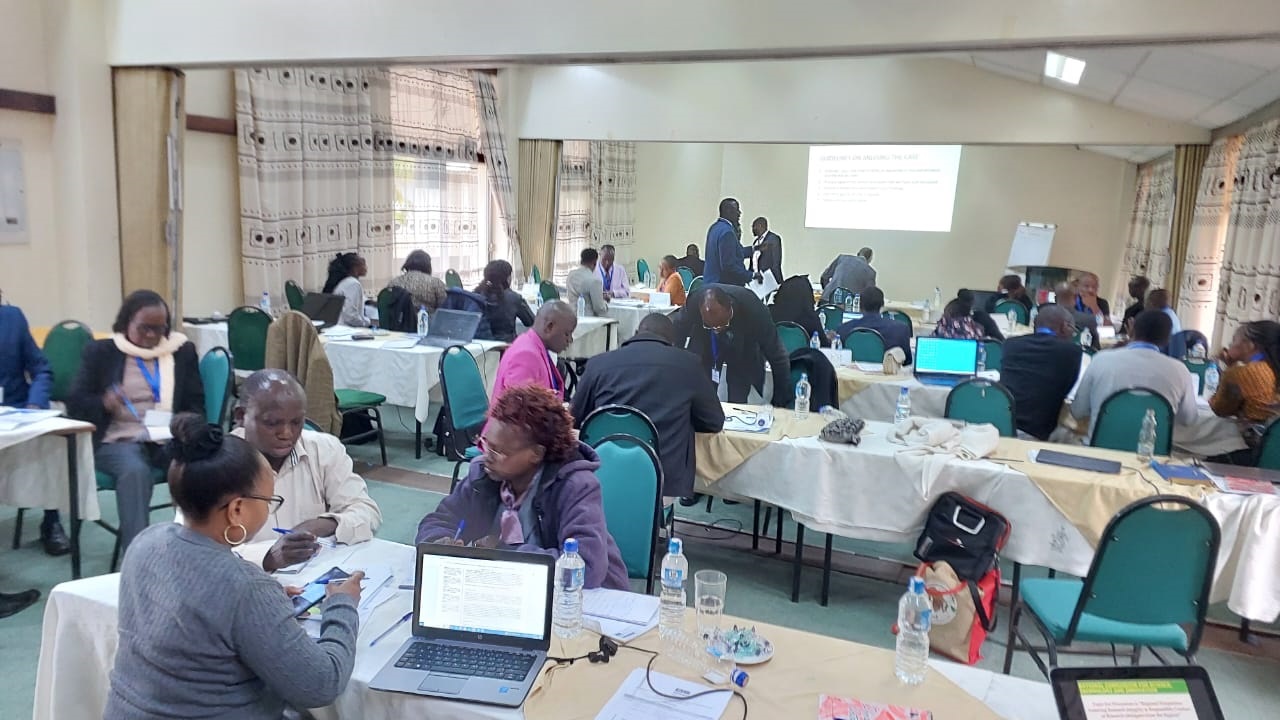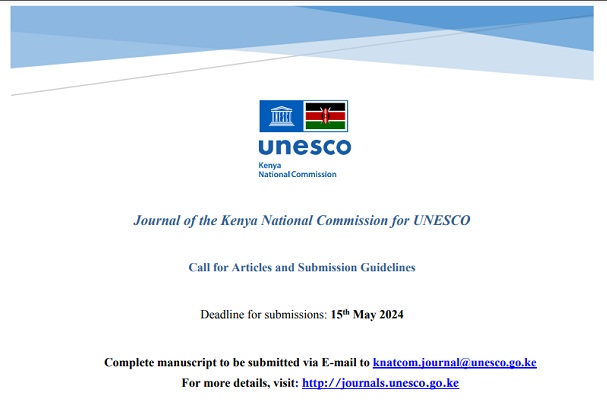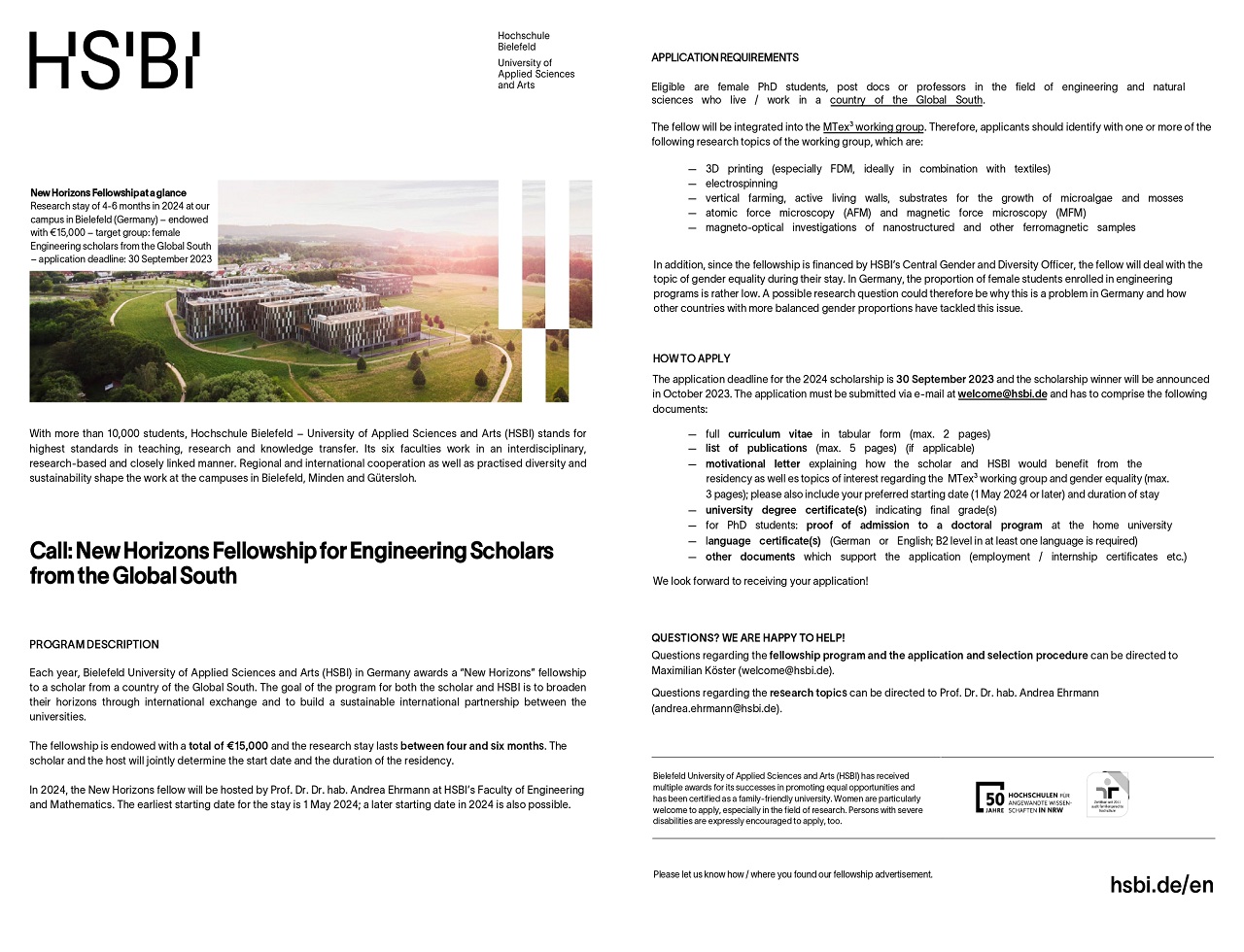-

A bioethics cafe is being organized by the UNESCO Chair in Bioethics at Egerton University in collaboration with the Bioethics Society of Kenya on Wednesday, November 23, 2022. The theme is "Decolonizing Bioethics in Africa".
Here is the Bioethics cafe virtual link:Click Here to download the Program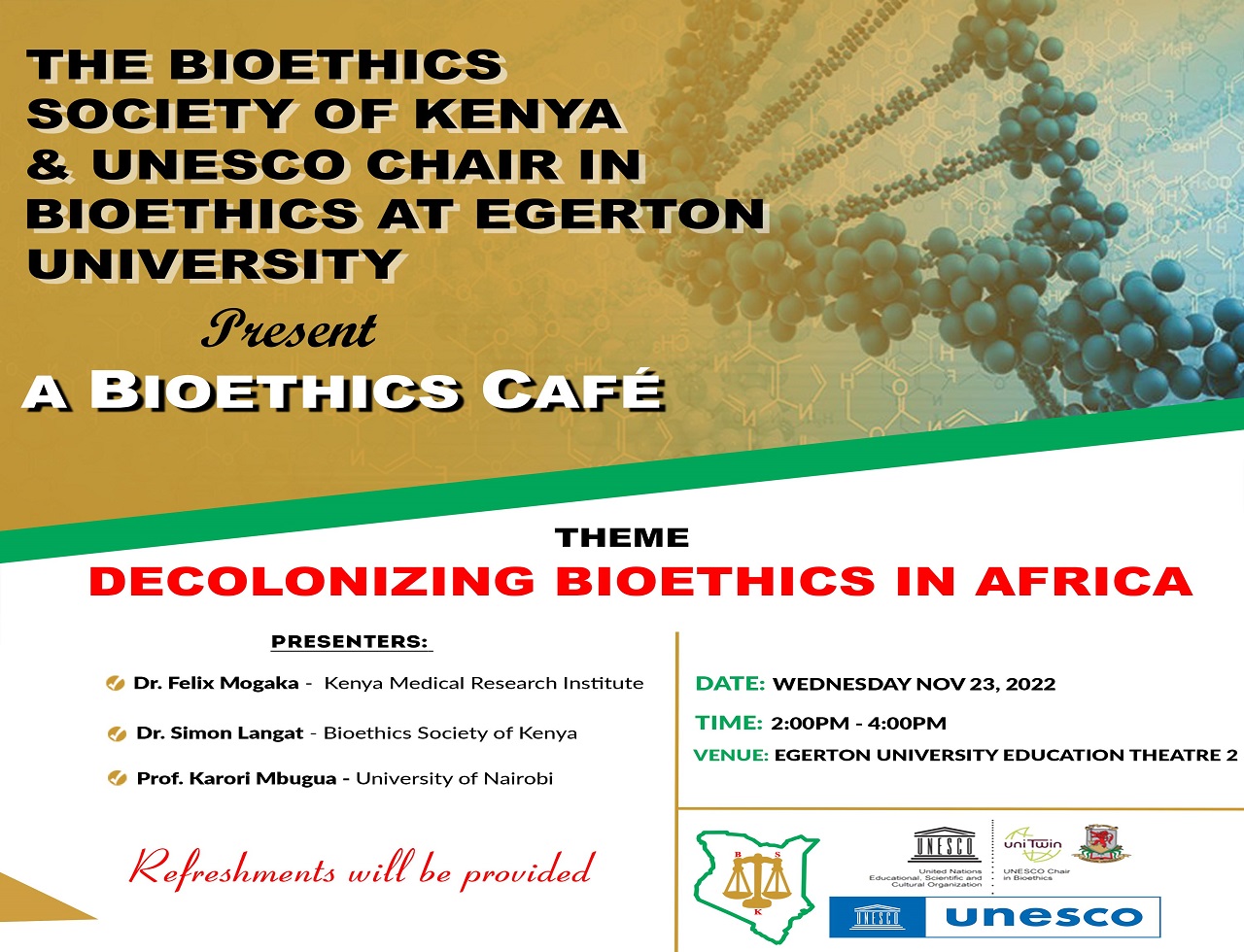
Rationale
The Bioethics Society of Kenya (BSK) in Partnership with the UNESCO Regional Chair in Bioethics and Documentation Centre based at Egerton University and the UNESCO Regional Office for Eastern Africa based in Nairobi is organizing a bioethics Café on 23rdNovember, 2022. A bioethics café is a forum where individuals from diverse academic and scholarly backgrounds come together to discuss on a selected topic relevant to bioethics. BSK organizes regular cafés in various institutions in Kenya as part of fulfilment of its core mandate to promote ethics in research, medicine and health care. The UNESCO Regional Chair in Bioethics and Documentation Centre at Egerton University established in 1998 within the UNESCO/UNITWIN programme has among other mandates, the role of initiating and contributing to public debate on bioethical issues.
The theme for the November 2022 Bioethics Café is: Decolonizing Bioethics in Africa. Bioethics as a field that deals with ethical, social, and legal issues that occur in biomedicine and biomedical research often makes reference to ethical principles and frameworks that are determined by Western epistemologies. Application of the Western bioethics systems in the context of Africa which often presents unique realities sometimes proves futile. For that matter, there is rising concern among scholars and commentators on the need to ‘decolonize’ bioethics in Africa. Various proposals have been suggested including
1. Re-affirming real African foundations and systems of knowledge in bioethics
2. Putting forward the African indigenous worldviews, cultures and belief systems in the development of ethical principles and values
3. Establishing partnerships that involve African interests at the same level as others
4. Prioritizing research on ‘neglected’ tropical diseases affecting most of the regions in Africa
This is a discourse that is at the core of bioethics programmes and fora in the continent of Africa. Therefore, the forthcoming BSK and UNESCO Regional Bioethics Chair for Eastern Africa seeks to address the issue under the concept of decolonizing bioethics in Africa.
As a theme that is relevant to ideas in African philosophy, the forum will incorporate a section on the contribution of African philosophy to bioethics, also as part of the commemoration of UNESCO World Philosophy Day which is marked on 30th November every year.
The audience willbe drawn from various backgrounds including the University management, members of the Institutional Scientific and Ethics Review Committees, members of faculty and researchers, and students.
-

Egerton University recently played host to a three-day training workshop on the research proposal and protocol ethics review. Organized by the Kenya National Commission for UNESCO (KNATCOM) in collaboration with the National Commission for Science, Technology, and Innovation (NACOSTI) and the Egerton University UNESCO Chair on Bioethics and Documentation Centre, the event aimed to train Institutional Scientific and Ethics Review Committees (ISERCs) members from various research institutions, universities, and hospitals in Kenya.
-

Journal of the Kenya National Commission for UNESCO
Call for Articles and Submission Guidelines
Deadline for submissions: 15th May 2024 -

Applications are now open for the 8th Edition of the UNESCO-Equatorial Guinea International Prize for Research in Life Sciences. This prestigious prize celebrates individuals, institutions, and NGOs' outstanding contributions to life sciences research. Kenyan candidates endorsed by the Kenya National Commission for UNESCO will have a chance to shine on the global stage.
- For comprehensive details about the prize and application procedure, please visit: UNESCO-Equatorial Guinea International Prize
- The Deadline for submission to UNESCO is 31st October 2023. To avoid last-minute submissions, please ensure that all applications that require endorsement by the Commission are submitted before this deadline through an online system.
There is also the New Horizons Fellowship for Engineering Scholars. The application deadline for the 2024 scholarship is 30 September 2023 and the scholarship winner will be announced in October 2023
